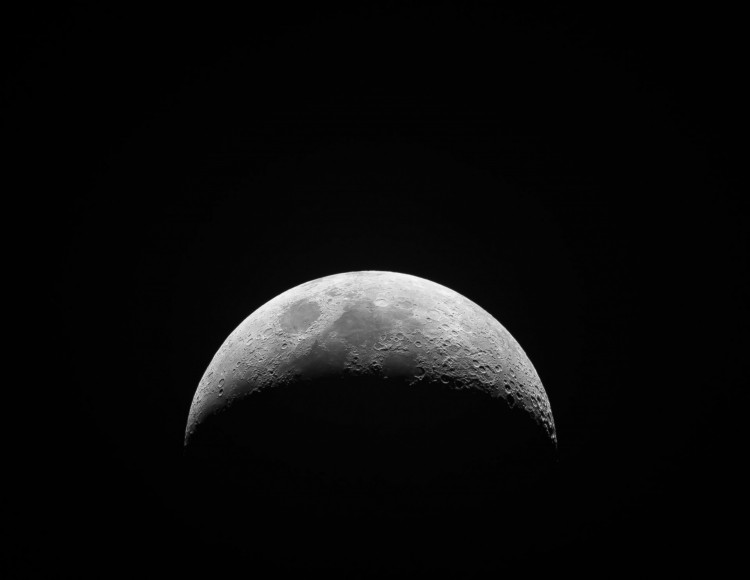Eight countries led by the U.S. have signed the Artemis Accords that will exempt the moon from politics, economic exploitation and military competition.
Signatories to the accords and founding members are Australia, Canada, Italy, Japan, Luxembourg, the United Arab Emirates, the UK and the U.S. Russia and China haven't joined.
As explained by the National Aeronautics and Space Administration of the U.S., the accords establish a practical set of principles to guide space exploration cooperation among the countries participating in its 21st century lunar exploration plans.
It reinforces and implements the Outer Space Treaty - otherwise known as the "1967 Treaty on Principles Governing the Activities of States in the Exploration and Use of Outer Space, Including the moon and Other Celestial Bodies."
The accords strengthen the commitment by the U.S. and partner nations to the Registration Convention, the Agreement on the Rescue of Astronauts, and other norms of behavior the U.S. and its partners have supported, including the public release of scientific data.
"Artemis will be the broadest and most diverse international human space exploration program in history, and the Artemis Accords are the vehicle that will establish this singular global coalition," said NASA Administrator Jim Bridenstine.
"With today's signing, we are uniting with our partners to explore the moon and are establishing vital principles that will create a safe, peaceful, and prosperous future in space for all of humanity to enjoy."
NASA expects the accords to guide future cooperative activities. It will be implemented through bilateral agreements that will describe responsibilities and other legal provisions. Artemis is intended not only to bolster space exploration but to enhance peaceful relationships among nations.
"Fundamentally, the Artemis Accords will help to avoid conflict in space and on Earth by strengthening mutual understanding and reducing misperceptions, said Mike Gold, NASA acting associate administrator for international and interagency relations.
"Transparency, public registration, de-conflicting operation; these are the principles that will preserve peace. The Artemis journey is to the moon, but the destination of the Accords is a peaceful and prosperous future."
NASA said the core of the accords was the requirement all space activities be conducted for peaceful purposes only.
The accords cover transparency, interoperability, emergency assistance, registration of space objects, release of scientific data, protecting heritage, space resources, de-confliction of activities, and orbital debris and spacecraft disposal.
NASA's effort to return to the moon, and land the first woman and next man on the lunar surface in 2024, is called the Artemis program.






